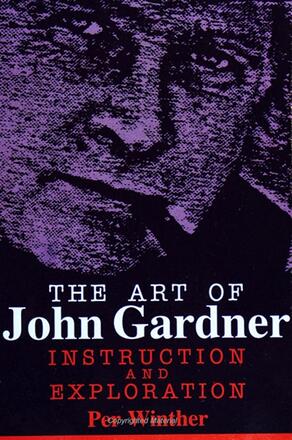
The Art of John Gardner
Instruction and Exploration
Alternative formats available from:
Per Winther is in the Department of British and American Studies at the University of Oslo.
Reviews
"There is a great deal to like about this work. First, it takes an honest and forthright stance in regard to On Moral Fiction. Second, Winther provides the philosophical background—Darwin, Whitehead, Collingwood, Blanshard, and Croce—to help us see the argument Gardner was trying to develop in On Moral Fiction. Third, Winther, more than any other scholar, has investigated Gardner's other critical and scholarly writings on medieval literature as well as his early anthology to illuminate particular points in Gardner's fiction as well as Gardner's general approach. Fourth, Winther, more than anyone else, has examined Gardner's intertextuality, what Winther calls his 'collage technique.' Winther has carefully traced Gardner's self-conscious use of earlier literary classics. This analysis of Gardner's literary collage is important not only for what it shows about the individual works, but also because it narrows the distance between Gardner and the postmodernists, who often use similar techniques." — Dean McWilliams, Ohio University, author of John Gardner
"Among this work's chief virtues are the large-scale analyses of several important works, including The King's Indian (the fullest commentary yet attempted on this important work), Jason and Medeia (an arguably central work in the Gardner canon that has been woefully neglected), and The Sunlight Dialogues.
"This book will make an important contribution to Gardner criticism. It contains useful and insightful interpretations and analyses of both major and minor works, including much that is original. In reading the book, I both learned things I had not known and was shown connections I had not previously made." — Jeff Henderson, University of Central Arkansas, author of John Gardner: A Study of the Short Fiction